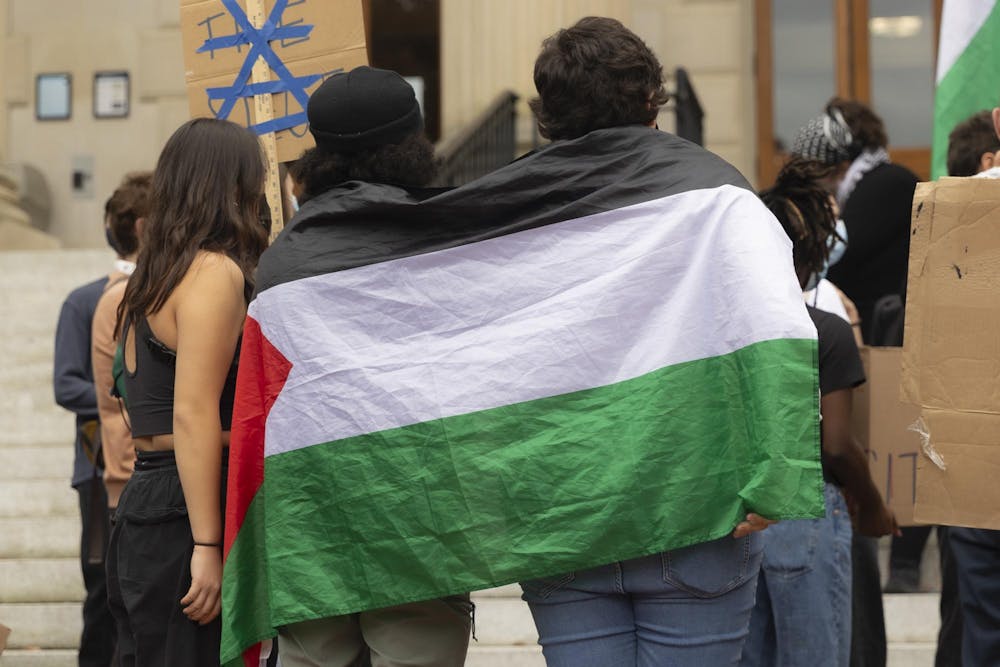"Please don't scroll if you care about Palestine."
My thumb freezes over the TikTok screen, allowing for the speaker to continue. The user details the story of a family caught in the crosshairs of a bloody onslaught. I see these videos often.
Some of these videos speak of families divided, unable to help one another. They speak of houses and workplaces reduced to rubble. They speak of fathers, mothers, children, grandparents and siblings unable to get medical support because the few surviving hospitals do not have the facilities or resources to provide it. They speak of an uncelebrated Ramadan because they are too busy fighting to survive.
They promote a GoFundMe, frequently provided by family members' personal accounts, asking viewers to donate whatever they can, saying the smallest contribution makes a significant difference.
These people posting videos are sometimes Palestinian civilians using personal social media accounts, or sometimes close friends and relatives hoping to help their families out of devastation. Other accounts are dedicated to amplifying Palestinian stories and spreading awareness.
Through the use of donated e-SIM cards, many Palestinians reach out for help through social media. Similar to many humanitarian crises, the victims are their own advocates.
"Hey, everyone. This is Bisan from Gaza, and we're still alive."
Bisan Owda, a filmmaker, is one of many Palestinian journalists currently covering the genocide on the ground. Through Instagram and TikTok, she shows the impact of the Israel Defense Forces' merciless actions in Gaza, risking her life and limb to share the voices and plights of those around her.
Not only does Owda document horrific events as they occur, but she records the moments in between: the small things that we consider a given, but they now regard as a luxury. She works tirelessly not to just share the stories of those who lost what they hold dear and precious, but to show exactly who this is happening to. People who had lived lives like ours but had that ripped away from them. Who they are and what they are like beyond their suffering.




